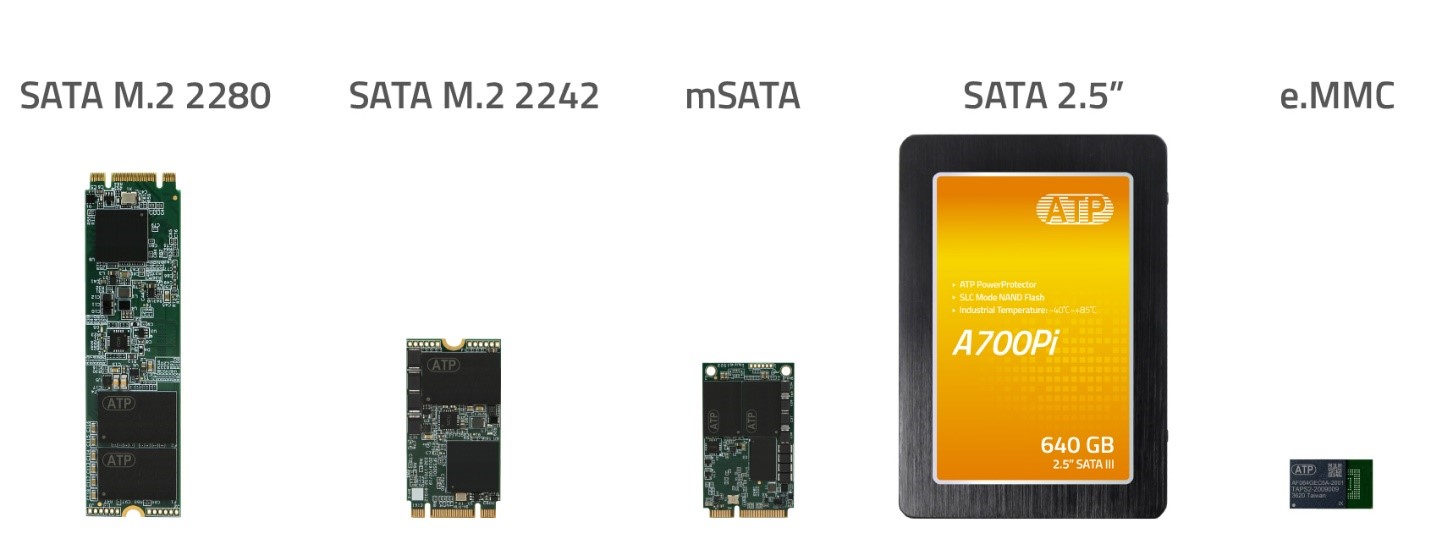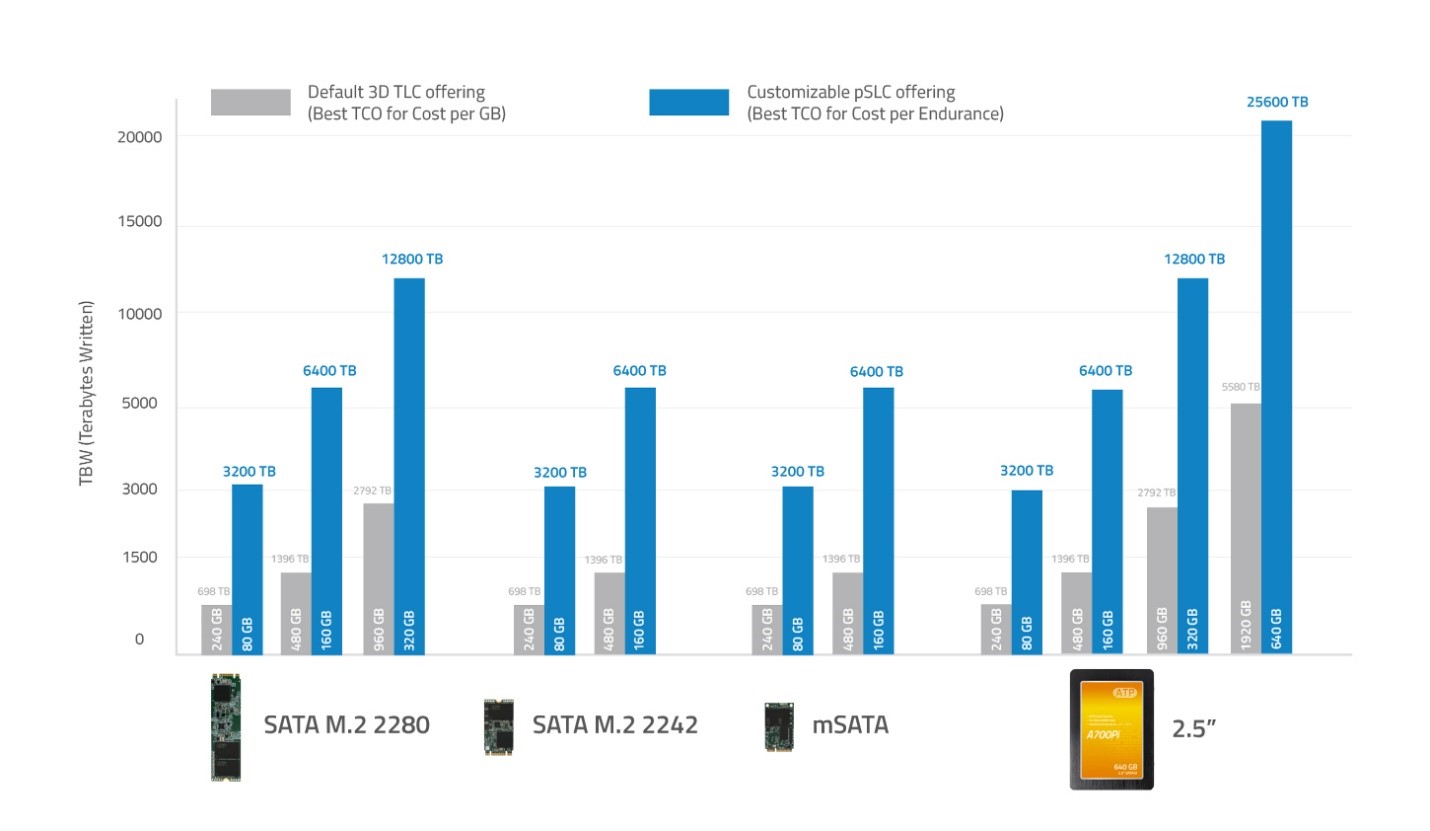|
The Challenge
A building automation system controls various aspects of a building’s structure for occupants’ safety and convenience. It integrates systems made up of different components, with embedded PCs functioning as small controllers to optimize protocol communication for monitoring, maintenance and analysis. The embedded PCs are usually installed as a space-saving industrial controller in the control cabinet and located in a seldom-used area to prevent interference. Due to their isolated location, these embedded PCs require high-endurance flash storage devices with a small form factor.
A building automation supplier needed memory cards to be used for saving the operating system (OS) and for integrating data from diverse sensors and devices. To make sure that the smart building functions well, the OS and programs stored in the memory cards should maintain their integrity at all times, and the storage device itself should be highly reliable considering the operating environment and workload.
Massive amounts of data from numerous sensors, such as air conditioning, water and electricity usage, need to be collected and processed by the building control system, then transferred and analyzed, typically on the cloud. For speedier processing and time-critical analysis, however, a network-independent solution was needed.
The Solution
ATP S800Pi SD/microSD cards with single-level cell (SLC) flash and maximum capacity of 8 GB are the optimum choices for intelligent building applications, such as environment detection, energy consumption, and data logging.
The robust, high endurance, and extended longevity memory cards fulfill building automation needs. Even though most systems are already equipped with capacitors providing uninterrupted power supply (UPS) function, ATP S800Pi SD/microSD cards feature power failure protection that increases the chance of saving "correct" data. These memory cards provide storage at the edge, so monitoring and analysis of power consumption usage can be done expediently with or without network availability.
In addition, ATP’s Bill of Materials (BoM) control strategy and long-term relationship with suppliers ensure long-term support to fulfill industrial applications’ demand for the S800Pi SD/microSD cards.
The Result
ATP has satisfactorily met the building automation supplier’s requirements, which has led to the long-term partnership. With ATP’s extensive experience and steady supply, ATP is proud to provide high-endurance industrial memory cards to the building automation industry.
As edge devices, the ATP S800Pi SD/microSD cards enable power savings with fast and timely analysis of power usage data from sensors without having to wait for transmittal to the cloud.
|



